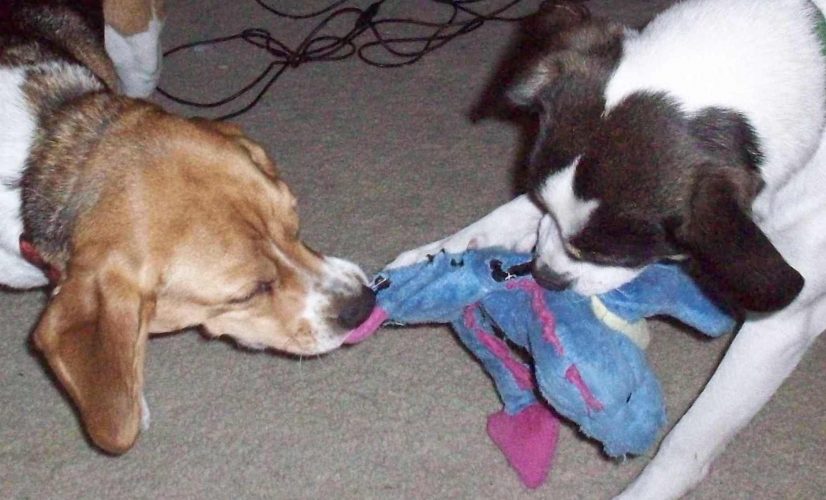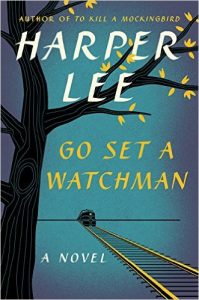
Doing What Works for Me
Back in my college days, I was really bad at keeping track of how much money I had left in my checking account. I would often assume that whatever the ATM said my account balance was, it was, even if I had written a check or two recently. It was not that I did not know how checks worked, it was just that I assumed everyone cashed them really promptly. Because I did not actually track how much money was in my account, I bounced a rent check or two. In fact, at one place, I had to start paying rent in cash because I bounced too many checks. And then I just decided to pay my rent for the next 4 months when my financial aid came in, so that I did not have to worry about it. That was great, except that I almost forgot to pay my rent again on that 5th month.
When we moved to Seattle, we did so without jobs, with a finite amount of savings. We had to be very careful how we spent our money. And once we got jobs, we still needed to get together enough for first, last, and deposit. Tracking how much money I had in my account became hugely important.
This was in 2001, and in addition to ATMs, online banking was starting to take off. Online banking was my friend, because I could see what had and had not posted to the account. But sometimes, I would still struggle with basic math. Nothing huge, of course, just those basic addition and subtraction mistakes we all make – forgetting we borrowed, not carrying the one, etc.
At my new job, I had started working extensively in Excel. I decided to turn to it for help. I created my first checkbook file, with a column for credits and one for debits, and used a formula for calculating my total. No more math mistakes. Every day, I would log onto online banking and enter every debit from the day before. I had also gotten the carbon copy checks, and would enter any check I had written the day before.
Suddenly, I always knew how much money I had. As C and I combined our finances, bought a house, and got married (yes, in that order), I started to used my checkbook file to plan our spending. I would enter every fixed bill we had for the month and roughly when it would be paid. I also entered every paycheck. We still lived roughly paycheck to paycheck, but we never overdrafted because I planned out all of our spending.
During this time, I also started tracking certain categories of what we spent. It was not super accurate as I did not track what we spent on the credit card, just the payments we made, and those were simply called “credit card”. Yes, we paid interest.
I maintained this same checkbook for 12 years. We stopped living from paycheck to paycheck, and then went back to it when C lost his job in 2009. We got ourselves out of debt, and I started tracking the expenses on the credit cards as we paid them off every month.
I got a job with a 33% raise, and we stopped living paycheck to paycheck again. I was laid off in 2012, but had six months’ severance being paid to me on the same schedule as if I were still working. Two months later, I got a new job. Oh, and somewhere during this I got my MBA, my MIL passed, and Pop Tart came to live with us. But from roughly January 2002 until January 2013, I tracked every debit from our checking account. Eleven solid years of data.
And in January 2013, I lost my job. It was not the right fit. In the end, it was for the best, but at the time, it triggered some major depression. It was the first time I had lost a job for performance issues. (This was not exactly my fault as the people who hired me decided a couple of months in that they really wanted someone with a skill set I did not possess, at an expert level.)
We spend the next 9 months living off of savings. C was not working. In fact, we were cash flowing his education, and he was finishing up his final year of full time school. We had saved a major portion of that 6 months savings. We got a huge tax return because of Pop Tart’s adoption. I also qualified for the max in unemployment benefits.
This would have been the time I needed to track every expenditure again. There were not even paychecks to live paycheck to paycheck on. But that depression I mentioned? One of the ways it really hit was in my wanting to bury my head in the sand when it came to our financial picture. I stopped tracking our expenses. I set a comfort level for our checking account, and whenever we got below it, I just transferred money over from long term savings.
Nine months later, when I started working again, I could not bring myself to start tracking again. There was just that black hole of nine whole months, and I did not want to update my spreadsheets. However, it was toward the end of the year, and soon came the Steam winter sale. One of the things that went on sale was You Need a Budget (YNAB). I had heard lots of good things about YNAB on my money message boards, so when it was on sale for like $10, I picked it up.
And the, I did not use it. I like to do my financial tracking during the day, most often on my lunch break. The biggest problem with YNAB was that I had it on my Steam account, and there is no way I can download Steam onto my work computer, and while my primary computer is a laptop, I did not want to haul it around every day. (I had other issues with YNAB, mostly that it felt like more work than just typing things into a spreadsheet, even though I do not think it actually was.) But, regardless of the reasons why, all that really matters is, I did not use YNAB.
So, another year has passed without me doing any financial tracking – a year in which we sold two houses, spending way over budget on one to get it fixed up for sale. I had some panic moments in those last couple of months before we sold the second house. We even (prepare for the horror) paid interest on a credit card in October, because for the first time in five years, I could not completely pay off the card at the end of the month.
This all signaled to me that I NEEDED (for my own peace of mind) to get back to tracking our spending, get back to planning our spending. And I have also figured out that I need to do what work for me. YNAB has some really great points, and I have learned some things from it. But I do not use it.
Instead, I have started a new Excel spreadsheet. I am once again tracking debits and credits. I am planning out monthly spending. I have used what I learned from YNAB and created budgeted spending categories. I have formulas in the spreadsheet that will calculate how much we are spending in each category each month, and year to date.
I do not know if my budgeted amounts are realistic. I have gone almost two years without tracking our spending. So my budgeted amounts are based on best guesses and what I budgeted for different categories last time I created a budget. I have planned a full budget review for the end of March, but because I will be updating my spreadsheet at least once a week again, I will also be able to make adjustments as I need to.
I am finally starting to feel in control again. Sometimes, it does not matter how much other people like something. If it does not work for you, it does not work for you. I needed to go back to what works for me, and that means my own homemade spreadsheets, which I can email back and forth or (heaven forbid) store on the cloud.
Being back in control feels good.




